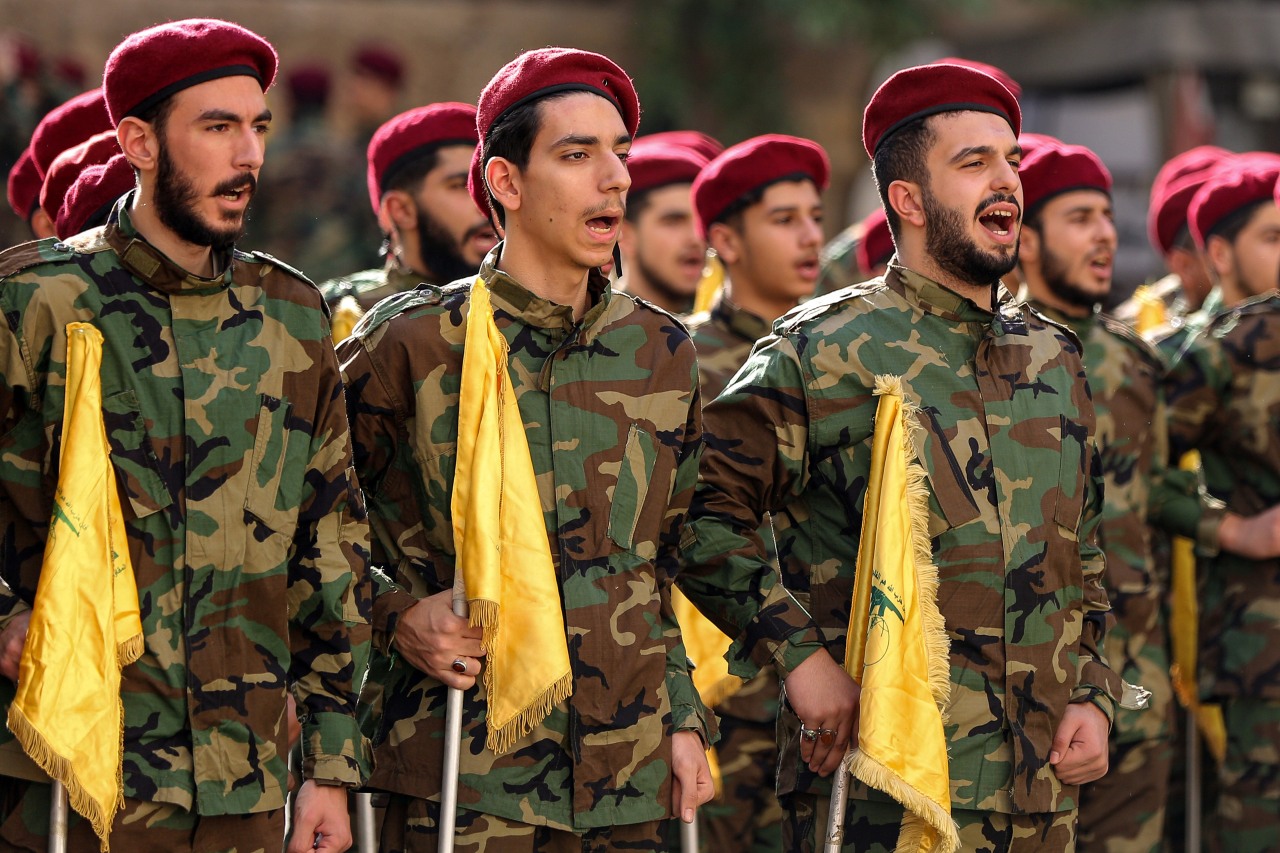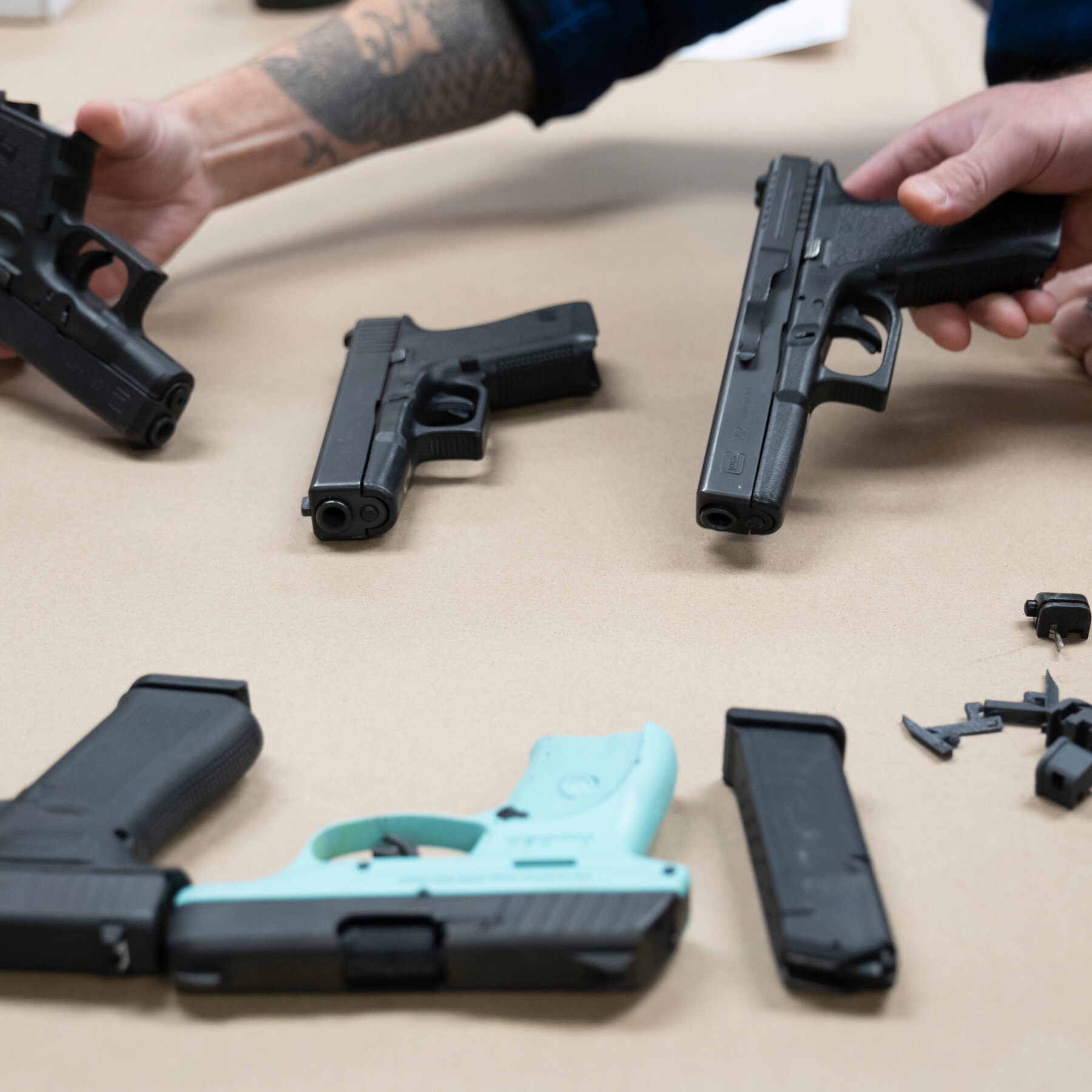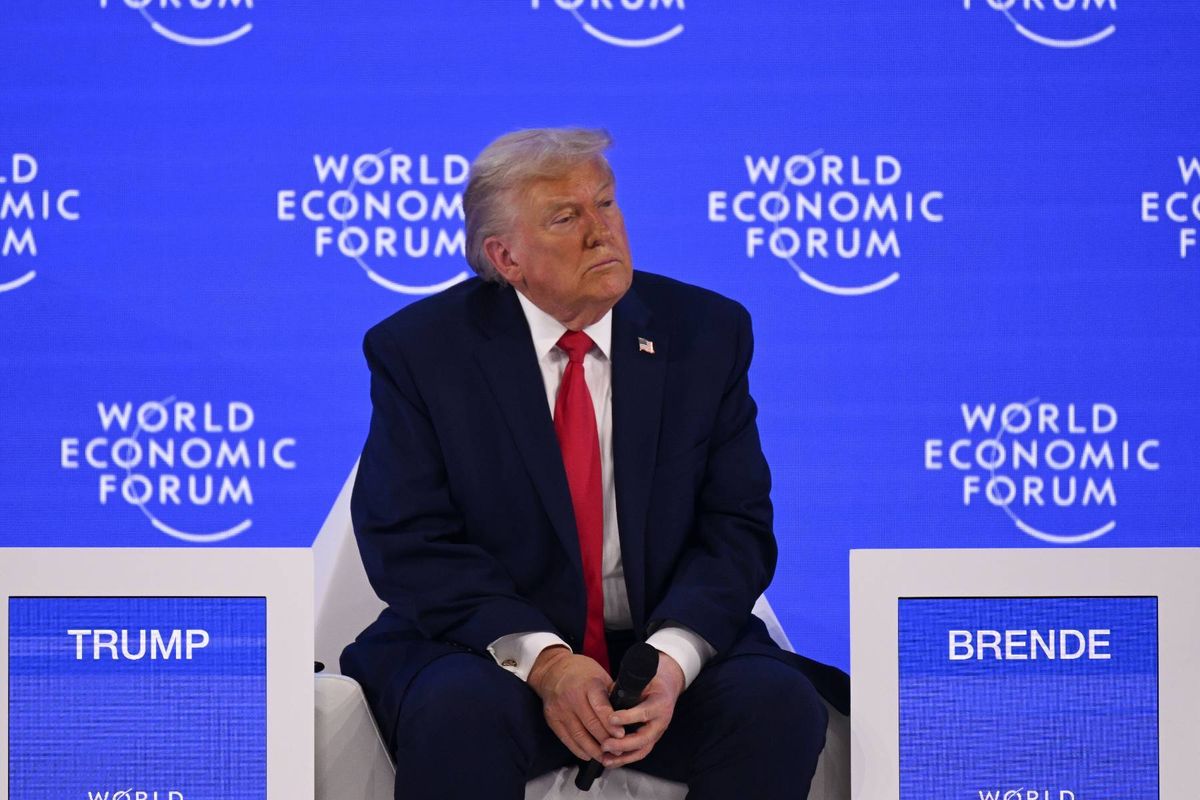Reports indicate that Iran is channeling funds to Hezbollah through Dubai, as the Lebanese militia seeks to rebuild and rearm after its recent conflict with Israel. This financial support is crucial for Hezbollah, which has been designated a terrorist organization by the U.S. Department of State.
The Lebanese group sustained significant losses during its engagements in 2022, and it is now focusing on replenishing its military resources. Sources familiar with the situation have revealed that these financial transactions are part of a broader strategy by Iran to bolster Hezbollah’s capabilities.
Financial Support and Its Implications
Hezbollah’s need for funding has escalated following the conflict, which resulted in heavy casualties and damage to its infrastructure. The funds are reportedly being utilized to procure weapons and enhance military training for its members. This rebuilding phase is seen as essential for Hezbollah’s operational readiness in any future confrontations.
Iran’s role in supporting Hezbollah is well-documented, and the financial flows through Dubai complicate the geopolitical landscape in the region. The United States and other Western nations have expressed concerns over these transactions, viewing them as a direct challenge to regional stability.
According to experts, the flow of funds from Iran to Hezbollah underscores the ongoing alliance between the two entities. This relationship allows Hezbollah to maintain its influence in Lebanon and the broader Middle East, despite international sanctions and pressure.
The Role of Dubai in Regional Financing
Dubai serves as a significant hub for financial transactions in the Middle East, making it a preferred route for funds earmarked for militant groups. The city’s financial infrastructure, which facilitates rapid and discreet transactions, has raised alarms among international observers.
Critics argue that the UAE must take stronger measures to regulate financial flows that could support terrorism. The U.S. and its allies are closely monitoring these activities, recognizing that any increase in Hezbollah’s military capabilities could destabilize the region further.
The implications of these financial activities extend beyond the immediate concerns of military funding. As Hezbollah strengthens its position, the potential for renewed conflict with Israel remains a pressing issue. The situation requires careful scrutiny by both regional and global powers, as they navigate the complex dynamics of Middle Eastern geopolitics.
In summary, the ongoing financial support from Iran to Hezbollah through Dubai highlights the challenges facing international efforts to curb terrorism financing. With the militia looking to restore its military strength, the region may be on the brink of a more volatile phase in its ongoing conflicts. The international community must remain vigilant in addressing these developments to promote stability in the area.







